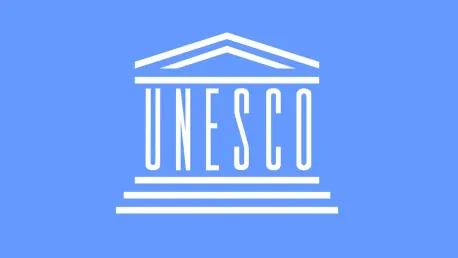Sateliot, renowned for operating the first constellation of 5G NB-IoT satellites in low Earth orbit, has teamed up with UNESCO Santiago to unveil an ambitious initiative named the Sateliot Impact Challenge, which is focused on enhancing STEM education and fostering entrepreneurship among young people in Latin America. Announced at GEM 2024, this forward-looking program is set to commence in schools across Brazil and Chile before expanding to Africa, Asia, and the Middle East, culminating in a grand event named the BCN2026 Hackathon. The innovative collaboration seeks to lay a robust foundation for future generations by equipping educators with the essential tools to facilitate project-based learning and enabling students to devise practical solutions to real-world problems faced by their communities.
The core objective of this collaboration is to bridge the existing digital and educational divide prevalent in many parts of the world by offering comprehensive STEM and entrepreneurship training. Through this program, students in remote areas will not only gain access to quality education but also acquire future-ready skills that will make them competitive in the global job market. By ensuring that students are well-versed in STEM disciplines and entrepreneurial thinking, the initiative aims to empower young minds to become proactive change agents in their societies. Sateliot’s partnership with UNESCO aligns with the company’s Environmental, Social, and Governance (ESG) strategy, integrating their cutting-edge technology with UNESCO’s educational framework to promote sustainable development objectives.
The Sateliot Impact Challenge emphasizes the importance of education in driving social change and economic growth. By transforming traditional educational methods, the initiative seeks to provide equitable opportunities for all students, regardless of their geographic location. Through this endeavor, both Sateliot and UNESCO are demonstrating a responsible way to leverage technological advancements for positive social impact. By doing so, they aim to ensure greater participation of youth in the global economy, contributing to the creation of a more equitable world where quality education is accessible to everyone. This initiative has the potential to revolutionize education and underscore the critical role of STEM and entrepreneurship in fostering sustainable and inclusive growth.









